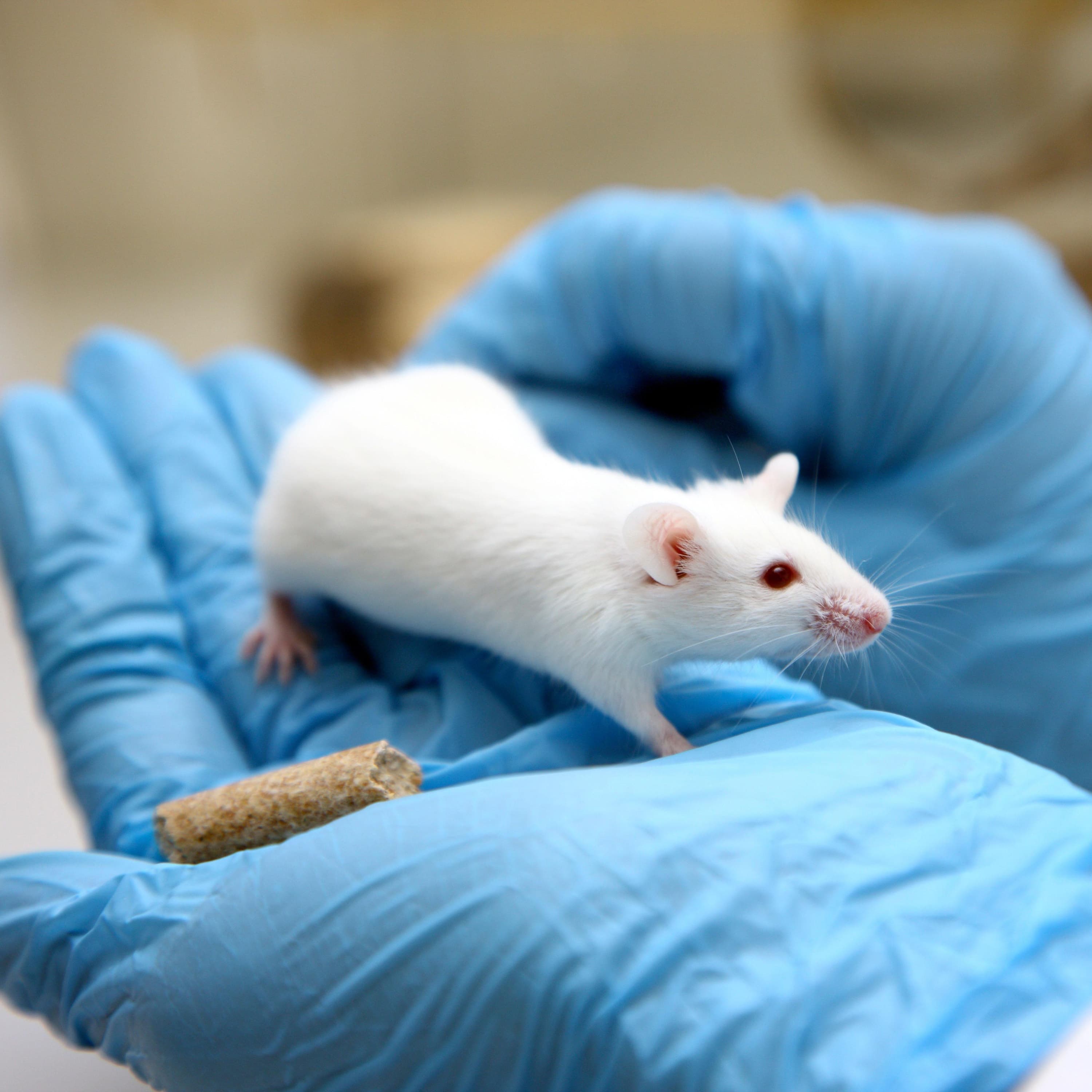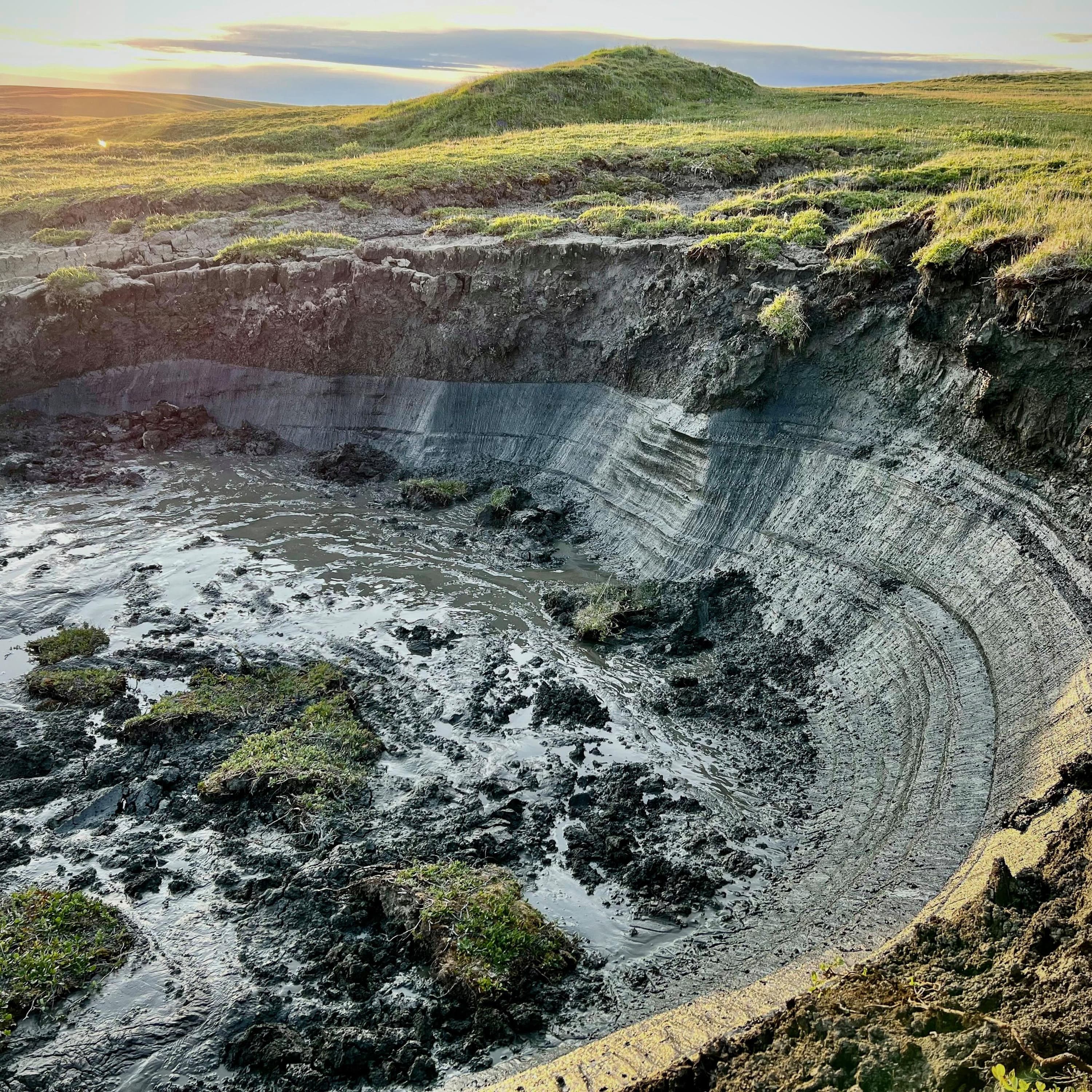
How did mammals come to rule the world?
Loading player...
About 325 million years ago, when Britain sat near the equator as part of the supercontinent Pangaea, two populations of a small, scaly, swamp-dwelling creature separated from each other. One of these lineages, over millions and millions of years, evolved into mammals. Our ancestors shared the planet with dinosaurs, survived an asteroid and made it through an ice age. This fascinating history is documented in The Rise and Reign of the Mammals, a new book by the palaeontologist Prof Steve Brusatte. The Guardian science correspondent Nicola Davis talks to Madeleine Finlay about her visit with Brusatte and what she learned about the strange mammals that once walked the Earth. What might their past reveal about their future in a rapidly changing world?. Help support our independent journalism at theguardian.com/sciencepod





